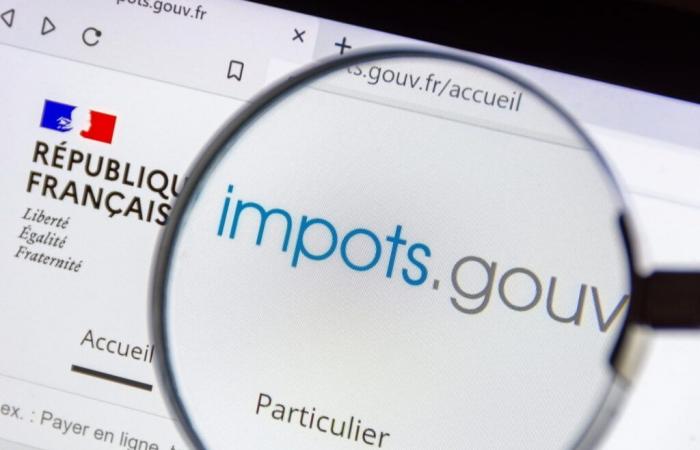The Government has just definitively authorized the mass surveillance of social networks by the tax authorities, using automatic analysis tools of the “artificial intelligence” type. Be careful what you post!
An experiment launched in 2021 paved the way for increased monitoring of online activities by tax services. Indeed, this experiment already authorized tax agents to scan social networks in order to detect possible tax fraud. Publications on platforms such as Instagram, TikTok or Facebook could thus be the subject of an in-depth analysis to verify, in particular whether the lifestyle displayed corresponded to the income declared to the administration.
On December 31, 2024, a decree was published, making the experimental measures permanent from 2025. This formalization marks a turning point in tax control methods. Tax services will now be able to systematically use so-called “artificial intelligence” tools to collect and process public data available on social networks. These automated tools will make it possible to analyze a large volume of information in record time.
However, the decree brings some nuances compared to the initial experiment. Tax investigators will no longer be allowed to create fake profiles on social media in order to infiltrate communities. Additionally, they will not be able to make direct contact with those under investigation via social media. These limitations aim to regulate the use of these new methods and to preserve the privacy of citizens.
However, it should be noted that article L10-0 AD of the Book of Tax Procedures still authorizes, in its current wording, investigators to conduct investigations under a pseudonym. In the absence of modification of the terms of this article, this provision could therefore make it possible, in certain cases, to circumvent the ban on creating false profiles to register on networks and enter into contact with potential fraudsters.
Generally speaking, these regulatory developments underline and remind us of the importance of exercising caution regarding information published on social networks. Everything that is shared online can not only be used by private companies for advertising targeting purposes, but also by public authorities to check the consistency between the lifestyle displayed and the tax situation declared.
For good “digital hygiene” in terms of confidentiality, it is therefore important to keep in mind that nothing posted on social networks is truly protected. So, if you are concerned about respecting your privacy, the only good attitude to adopt is to only publish content without personal information, and to reserve your private documents, such as your vacation photos or your family films, for truly secure channels, such as chat groups on encrypted messaging.






